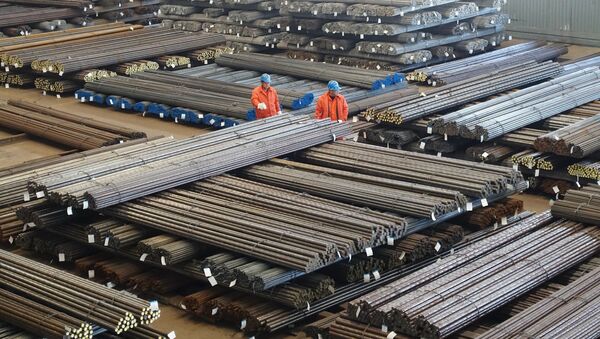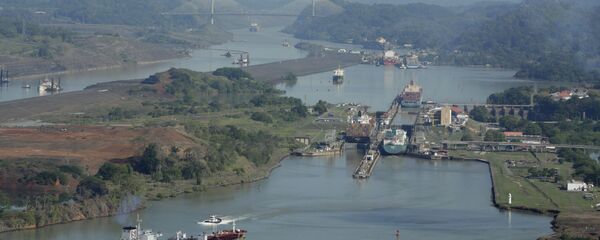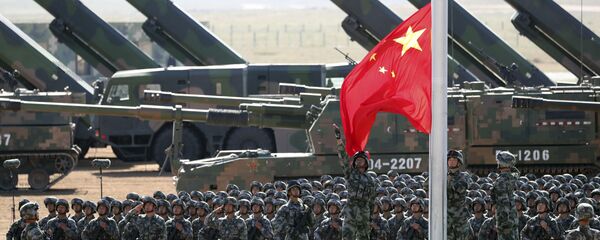Kristian Rouz — Amidst the lingering challenges to mainland China's economic growth, the most prominent are the decline in overseas sales, and high leverage. The central government in Beijing has announced its plans to increase its presence in the state-owned enterprise (SOE) segment and a package of measures aimed at improving their outreach to international markets, hoping to spur broader growth above an annualized 7 percent.
Xiao made his remarks shortly after the 19th National Congress of the Communist Party of China, as the mainland's leadership is seeking ways to boost manufacturing output and economic growth amidst strong structural headwinds.
Mainland China's ongoing gradual economic reform is aimed at rebalancing its manufacturing base towards domestic consumption and attracting private investment into its enterprises, which are mired in debt and low efficacy.
Xiao said an increased governmental presence in SOEs would allow for better coordination between their financial goals and the central government's economic planning.
"Consolidating Party leadership and strengthening Party construction will be a political advantage for state-owned enterprises and play an important role in improving their quality, efficiency and competitiveness," Xiao said.
Meanwhile, he also said Chinese companies would not abandon their presence in international markets, which have been badly shaken in recent years due to low consumer demand and anemic economic expansion in advanced economies.
Xiao stressed that the central government seeks to bolster corporate governance, flexibility and adjustability in accordance with structural changes in the open market. He also emphasized the importance of eradicating corruption and mismanagement.
"We are also committed to opening up and cooperating… we will join hands with others in terms of products, projects and even equity," he said.
In Xiao's view, attracting private and foreign investment would help resolve the issue of so-called "zombie" companies — Chinese state-owned manufacturing facilities, which only stay afloat due to the inflow of borrowed money and direct state capital allocation.
The SASAC oversees up to $8 trillion worth of assets, or some 98 percent, in mainland China's state sector of the economy. Certain sectors of China's economy, including energy and telecommunications, are almost entirely in the hands of the government, making SOEs the most prominent part of the Chinese productive forces.
Over the past 15 years, China's SOEs have undergone multiple mergers and acquisitions, as the government has tried to monopolize on certain sectors of its economy. However, larger companies entailed bigger problems, as China's corporate debt levels have exceeded 300 percent of the nation's GDP, according to June's data from the Institute of International Finance (IIF).
"The household debt-to-GDP ratio hit an all-time high of over 45 percent in the first quarter of 2017 — well above the Emerging Market average of around 35 percent. In addition, our estimates based on monthly data on total social financing suggest that China's total debt surpassed 304 percent of GDP as of May 2017," the IIF said.
Deleveraging scenarios pose risks to China's financial stability, hence the Communist Party's decision to deleverage through increased foreign investment and improved performance of the backbone of its economy.
Meanwhile, SASAC's Xiao reaffirmed his commitment to open-market competition and the "survival of the strongest," but warned debt issues would be addressed with extreme caution, and with regard to the interests of workers and creditors.




